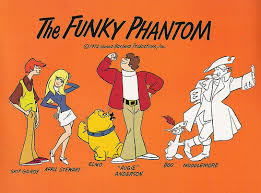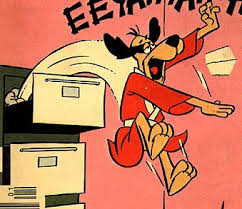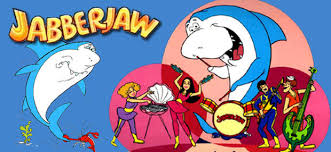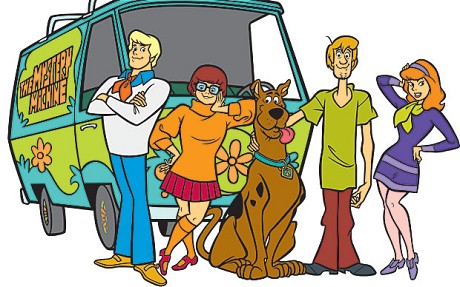What Happens When You Get off Track with Your Writing?
/I try to write each day, but sometimes, life gets in the way. What happens when you get off track? Here are some tips and ideas to get you going again:
1. I find when I get off track that I need to make time and just write. It's easy to get off schedule. And the more that I stay away, the harder it is to back into the rhythm.
2. Blogging keeps me on a schedule. I've committed to at least one post a week, so I know I have a weekly deadline. I also post regularly with several other groups of writers. Those deadlines help too.
3. I joined a critique group. We have a monthly deadline for our short stories and WIPs (Works in Progress). This gives me another deadline to work towards.
4. If I get stuck and that leads to procrastination, I write blog posts or find a writing prompt and do a writing exercise or two. That usually gets me back in writer mode.
5. I count editing, proofreading, and revising as writing time. Rewrites and tweaks take time. I probably spend more time editing and rewriting than I do putting the first draft together.
6. I also bounce between projects. Sometimes, I'm working on my mystery series. I also write short stories. I like writing both. The short stories are compact with fewer characters, and I can experiment with different locations and themes.
7. Don't be too hard on yourself if you don't write regularly. Sometimes, you need a short break. But make sure that it's short and you're back to being productive. Make sure that you don't miss deadlines or commitments.
8. I tend to get involved in marketing, book signings, writing groups, and social media works, and that cuts into my writing time. I have to make sure that writing gets its fair share of time. It's all work that needs to be done, but you need time to write your next work.

















